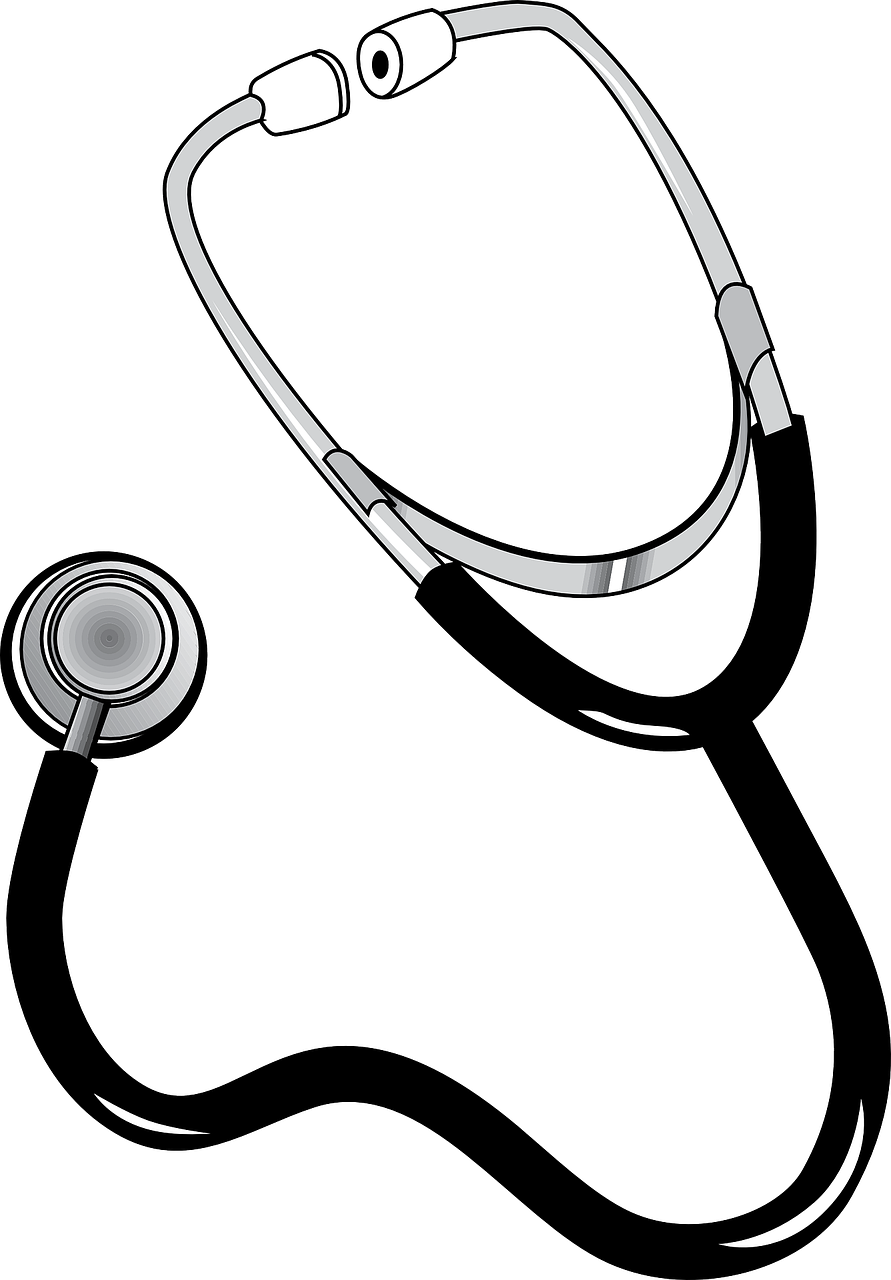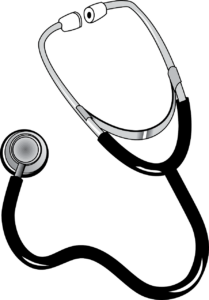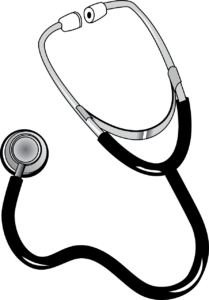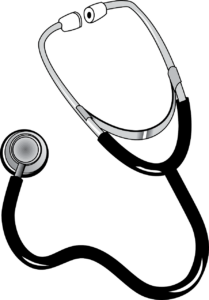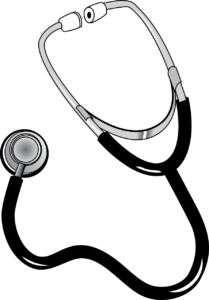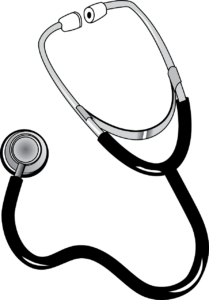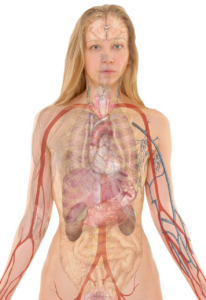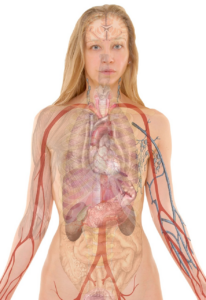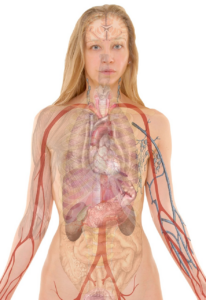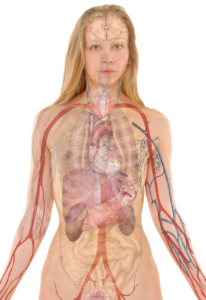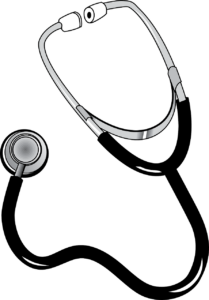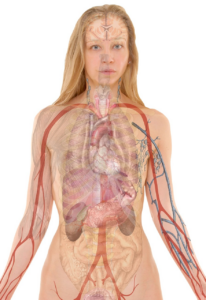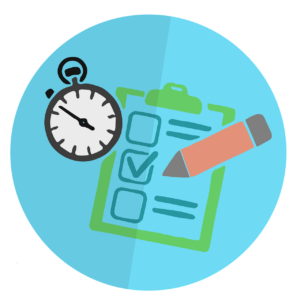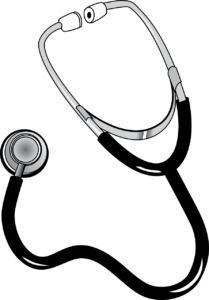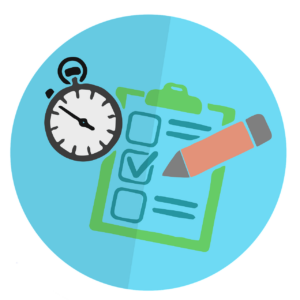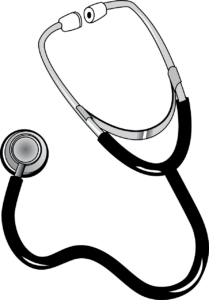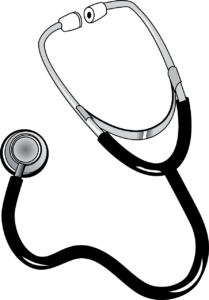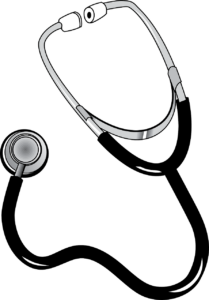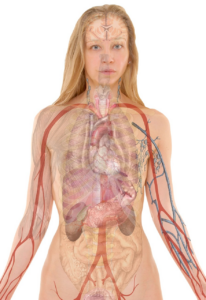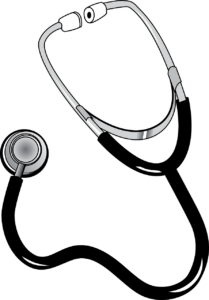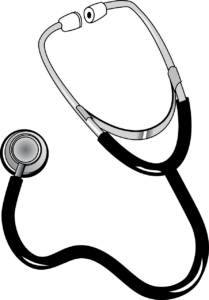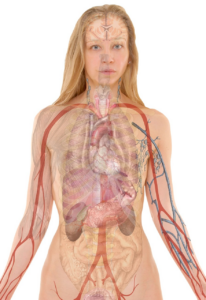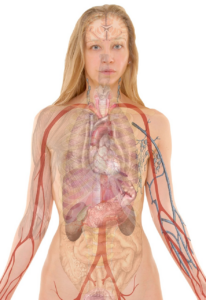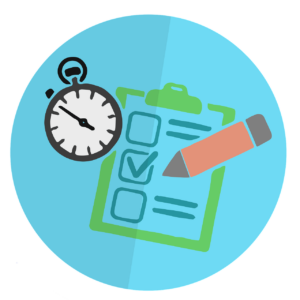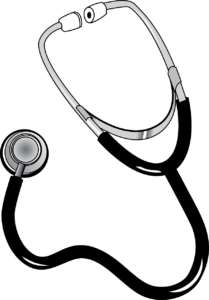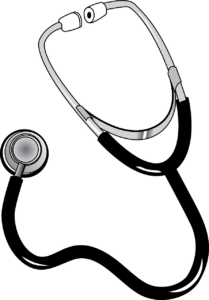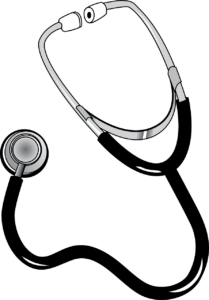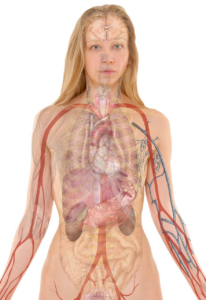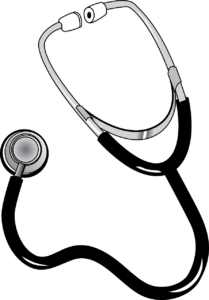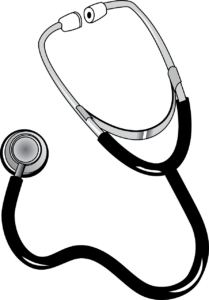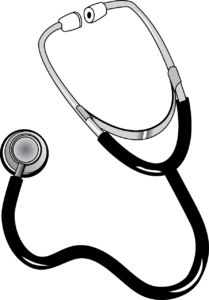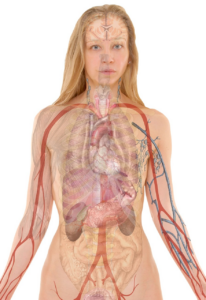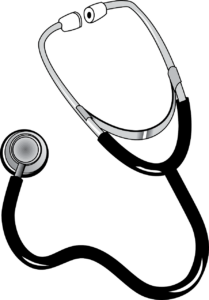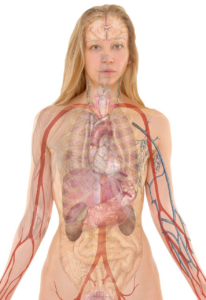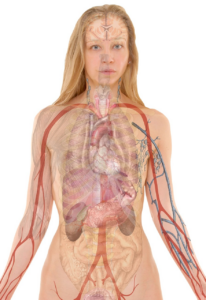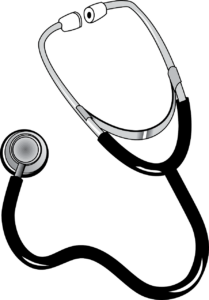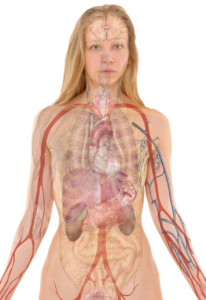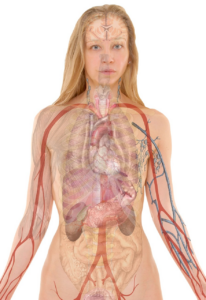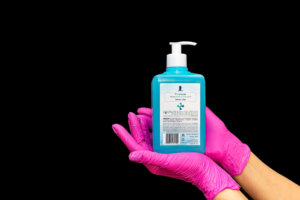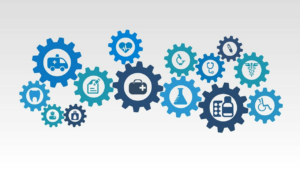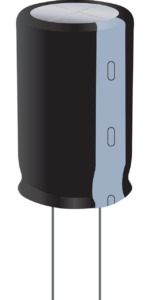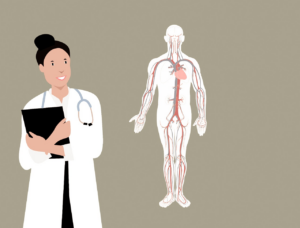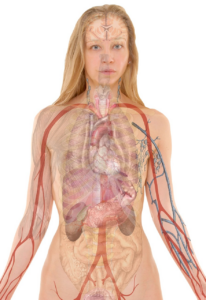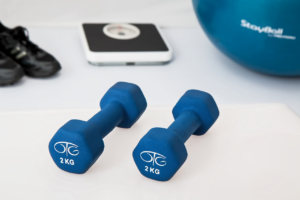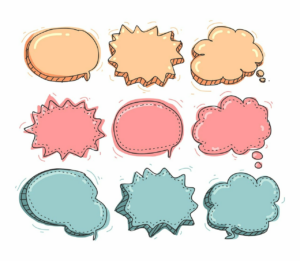If you’re a nursing student, you know that the final exam can be a nerve-wracking experience. But fear not, with the right preparation, you can ace your Fundamentals of Nursing final exam with ease.
This comprehensive study guide will help you review the key concepts and skills that you need to know to succeed in your exam. From patient care to nursing ethics, this study guide covers all the essential topics that you’ll encounter in your Fundamentals of Nursing final exam.
You’ll learn about pharmacology, communication skills, and practice questions and answers that will help you test your knowledge and identify areas where you need to focus your study efforts. With this study guide, you’ll be fully prepared to tackle your final exam and take your first steps toward becoming a successful nurse.
Key Takeaways
- The nursing final exam study guide covers essential topics such as patient care, pharmacology, nursing ethics, communication skills, and practice questions and answers to improve understanding.
- The nursing process consists of assessment, planning, implementation, and evaluation.
- Clinical reasoning refers to the way nurses think about patient care.
- Medication administration involves the five rights: medication, dose, patient, route, and time.
Patient Care
You can’t provide exceptional patient care without understanding their unique needs and preferences. It’s important to take a holistic approach to patient care, which means addressing their physical, emotional, and spiritual needs. This approach recognizes that patients are more than just their illness or injury, and that their overall well-being is affected by a variety of factors.
When you take a holistic approach, you’re better able to provide care that addresses the whole person, rather than just their symptoms.
Cultural sensitivity is another important aspect of patient care. Patients come from a variety of backgrounds, and their beliefs, values, and practices may differ from your own. It’s important to be aware of these differences and to provide care that is respectful and appropriate.
This may involve learning about different cultures, asking patients about their preferences, and adapting your care to meet their needs. By being culturally sensitive, you can provide care that is more personalized and effective, and that helps to build trust and rapport with your patients.
Pharmacology
Understanding pharmacology is essential for providing safe and effective patient care, so let’s dive in! As a nurse, you need to be familiar with different medications and their effects on the body. Here are some key points to keep in mind when it comes to pharmacology:
-
Drug interactions can occur when two or more medications are taken at the same time. This can result in adverse reactions or decreased effectiveness of the drugs. It’s important to be aware of potential drug interactions and inform the patient of any precautions they should take.
-
Medication administration techniques vary depending on the medication type and route of administration. For example, oral medications should be given with water and may need to be crushed or dissolved depending on the patient’s ability to swallow. Injectable medications require proper technique to avoid complications such as infection or tissue damage.
-
Dosage calculations are crucial when administering medications. You should be able to calculate dosages based on the patient’s weight, age, and other factors. It’s important to double-check your calculations and verify the correct medication and dosage before administering.
-
Patient education is important to ensure medication compliance and prevent adverse reactions. Be sure to explain the purpose of the medication, how to take it, and any potential side effects or interactions to the patient and their family.
By understanding these key points, you can provide safe and effective medication administration and ensure the best possible outcomes for your patients.
Nursing Ethics
Don’t underestimate the impact of nursing ethics on the quality of care provided to patients. As a nurse, you will encounter a variety of ethical dilemmas throughout your career. These dilemmas can range from deciding whether to disclose sensitive information about a patient to their family members to deciding whether to administer a medication that goes against the patient’s wishes.
It’s important to be familiar with the nursing code of ethics and understand how to apply it in real-life situations. Another important aspect of nursing ethics is maintaining professional boundaries. As a nurse, you will develop close relationships with your patients, but it’s important to remember that there are limits to these relationships.
You should not engage in romantic or sexual relationships with your patients, and you should avoid becoming too emotionally involved. Maintaining professional boundaries is essential for protecting both the patient’s well-being and your own professional reputation.
By being aware of ethical dilemmas and maintaining professional boundaries, you can provide high-quality care to your patients while upholding the values of the nursing profession.
Communication Skills
In this subtopic, you’ll learn about the three key points of therapeutic communication, interdisciplinary collaboration, and patient education.
You’ll discover how these skills are essential in providing quality patient care as a nurse. By mastering these skills, you’ll be able to communicate effectively with patients, work collaboratively with other healthcare professionals, and educate patients on their health and wellness.
Therapeutic Communication
You’ll excel in your nursing career by mastering the art of therapeutic communication that involves active listening, empathy, and a non-judgmental attitude towards your patients. Here are some tips to help you develop your skills further:
- Listen actively by paying attention to your patient’s words, tone, and body language.
- Use empathy building techniques like reflecting back what your patient is saying to you.
- Avoid making assumptions and judgments about your patient’s situation.
- Maintain eye contact and show interest in what your patient has to say.
Therapeutic communication is all about creating a safe and supportive environment for your patients to share their thoughts and feelings with you. By focusing on active listening, empathy building, and non-judgmental attitude, you’ll be able to establish trust and rapport with your patients, which is essential for effective nursing care.
Remember to incorporate these techniques into your daily practice and you’ll see a significant improvement in your patient outcomes.
Interdisciplinary Collaboration
Working collaboratively with other healthcare professionals is essential for providing high-quality patient care, so it’s important to develop effective interdisciplinary communication skills.
As a nurse, you’ll be working with a team of healthcare professionals, including doctors, therapists, and other nurses. Each member of the team has their own unique role and perspective, and it’s important to understand how to work together effectively to provide the best possible care for your patients.
Team dynamics and healthcare teamwork are key components of interdisciplinary collaboration. Teamwork involves not only effective communication but also the ability to work together towards a common goal. It’s important to recognize the strengths and weaknesses of each team member and utilize them to optimize patient outcomes.
Effective interdisciplinary collaboration can lead to improved patient satisfaction, reduced healthcare costs, and better overall healthcare outcomes. As a nurse, developing strong interdisciplinary communication skills is essential for success in your career and for providing the best possible care for your patients.
Patient Education
Learning how to educate patients is a vital skill for any nurse, as it allows you to empower your patients to take an active role in their own healthcare. It’s important to recognize that not all patients have the same level of health literacy, which may impact their ability to understand and follow through with healthcare instructions.
As a nurse, it’s your responsibility to assess your patient’s health literacy and adapt your teaching strategies accordingly. There are a variety of teaching strategies that can be used to improve patient education. First, it’s important to use plain and simple language when discussing healthcare information. This can include using visual aids and breaking down complex concepts into smaller, more manageable pieces.
Additionally, it can be helpful to involve the patient in the education process by asking questions and encouraging them to ask questions as well. By tailoring patient education strategies to meet individual needs, nurses can help patients take a more active role in their own healthcare and improve health outcomes.
Practice Questions and Answers
If you’re unsure about your knowledge of the fundamentals of nursing, practicing with these questions and answers can help you improve your understanding and prepare for the final exam. Here are the practice questions and answers that can help you to review the concepts related to nursing interventions and clinical reasoning:
-
What’s the first step in the nursing process?
A. Assessment
B. Planning
C. Implementation
D. Evaluation -
What’s the definition of clinical reasoning?
A. The way nurses think about patient care
B. The way nurses interact with patients
C. The way nurses document patient care
D. The way nurses administer medication -
What are the five rights of medication administration?
A. Right medication, right dose, right patient, right route, right time
B. Right medication, right dose, right patient, right family, right time
C. Right medication, right dose, right patient, right route, right family
D. Right medication, right dose, right time, right route, right insurance.
By practicing these questions, you can improve your confidence and knowledge on the subject. Remember to take your time and carefully analyze each question to fully understand the concepts. Good luck with your final exam!
Exam Preparation Tips
Get ready for your test with these helpful exam prep tips! One of the most important things you can do to prepare for your fundamentals of nursing final exam is to manage your time effectively. Make a study schedule and stick to it, breaking down your study sessions into manageable chunks. Take breaks every hour or so to prevent burnout and keep your mind fresh. Additionally, try to eliminate distractions during your study sessions, such as social media or television.
In addition to time management, there are also test taking strategies that can help you succeed on your exam. One such strategy is to read the instructions carefully and thoroughly, making sure you understand what is being asked of you. Another strategy is to answer the easiest questions first, then move on to the more difficult ones. Don’t spend too much time on any one question, and if you get stuck, move on and come back to it later. By using these test taking strategies and managing your time effectively, you’ll be well on your way to acing your fundamentals of nursing final exam.
| Test Taking Strategies | Examples | |||
|---|---|---|---|---|
| Read instructions carefully | Make sure you understand what is being asked of you | |||
| Answer easiest questions first | Build confidence and avoid getting stuck | |||
| Don’t spend too much time on any one question | Time management is key | |||
| Come back to difficult questions later | Don’t waste time getting stuck on one question | Trust your instincts and make an educated guess if necessary. | Sometimes you may not know the answer, but your intuition or prior knowledge may lead you to the correct choice. |
Frequently Asked Questions
What is the passing score for the Fundamentals of Nursing Final Exam?
To pass the fundamentals of nursing final exam, you need to achieve the passing score set by the grading criteria of the exam. The passing score may vary depending on the institution or program administering the exam, but generally, it ranges from 70-80%.
The grading criteria usually takes into account various factors such as the number of correct answers, the level of difficulty of the questions, and the overall performance of the test taker. It’s important to prepare well for the exam, study the materials thoroughly, and practice answering sample questions to increase your chances of achieving the passing score.
Remember that passing the exam is a crucial step towards becoming a competent and successful nurse, so give it your best shot!
How long is the Fundamentals of Nursing Final Exam?
The exam duration for the fundamentals of nursing final exam varies depending on the institution or program. Generally, you can expect to have a time allocation of 2-4 hours to complete the exam.
This time frame usually includes a mix of multiple-choice questions and essay questions. It’s important to manage your time wisely during the exam, so you can allocate enough time to answer each question thoroughly.
Keep in mind that the time allocation may differ from one section of the exam to another, so read the instructions carefully and plan accordingly.
What is the format of the Fundamentals of Nursing Final Exam?
The format of the fundamentals of nursing final exam varies depending on the specific course and professor. Generally, the exam structure consists of a combination of multiple choice, short answer, and essay questions.
The test content covers material from throughout the course, including topics such as patient care, nursing skills, healthcare ethics, and pharmacology. It’s important to thoroughly review all course materials and practice applying them to different scenarios in order to prepare for the exam.
Additionally, some professors may provide study guides or review sessions to help students prepare for the final exam.
Can calculators be used during the Fundamentals of Nursing Final Exam?
When it comes to using calculators during exams, there are both pros and cons to consider.
On one hand, calculators can make complex calculations easier and faster, potentially saving you time and reducing stress.
However, relying too heavily on calculators can also have a negative impact on your learning.
For example, if you become too reliant on calculators, you may not fully understand the underlying mathematical concepts or be able to perform calculations without one.
Ultimately, whether calculators are allowed on an exam or not will depend on the specific rules and guidelines set by the exam administrator.
Are there any prerequisites to taking the Fundamentals of Nursing Final Exam?
Before taking the Fundamentals of Nursing Final Exam, you must fulfill certain prerequisites and meet specific eligibility criteria.
These prerequisites may vary depending on the institution offering the exam, but typically include completion of a nursing program or specific nursing courses, clinical hours, and passing grades in prerequisite courses such as anatomy and physiology.
In addition, eligibility criteria may include passing scores on practice exams and meeting certain GPA requirements.
It’s important to check with your institution or program to ensure that you meet all prerequisites and eligibility criteria before registering for the exam.
Conclusion
Congratulations on completing this comprehensive review of the fundamentals of nursing final exam! By now, you should have a deeper understanding of patient care, pharmacology, nursing ethics, communication skills, and exam preparation tips.
You have learned about the importance of providing safe and effective care to patients, how to administer medications correctly, and the ethical principles that guide nursing practice. In addition, you have honed your communication skills and learned how to effectively communicate with patients, families, and other healthcare providers.
By practicing the sample questions and answers provided, you’ve also gained confidence in your ability to pass the final exam. Remember to incorporate the exam preparation tips into your study routine to maximize your chances of success.
Good luck on your exam and keep up the hard work!




